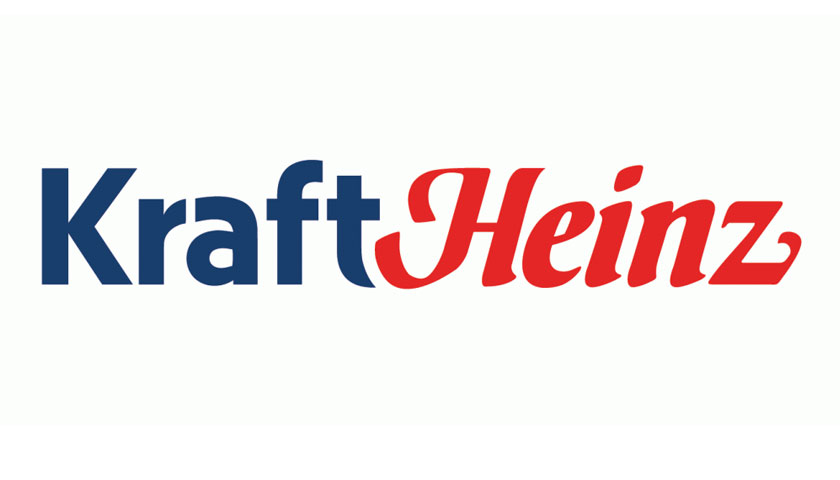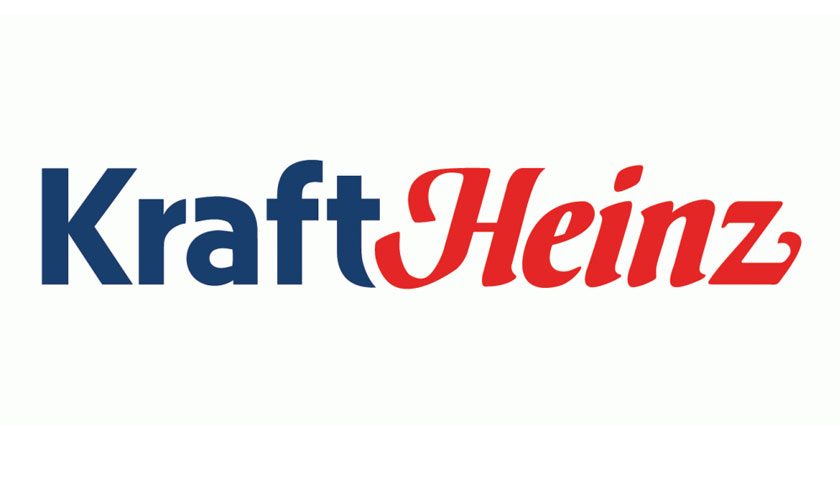The Kraft Heinz Company has announced a pledge to achieve net zero greenhouse gas (“GHG”) emissions across its operational footprint (Scope 1 and Scope 2) and entire global supply chain (Scope 3) by 2050, reaffirming the Company’s commitment to contribute to global efforts to reduce the ongoing threat of climate change. As a milestone on its path to achieving net zero emissions, it will target a near-term emissions reduction of 50% by 2030 across all three scopes.
Key focus areas of Kraft Heinz’s net zero program include:
- Promoting regenerative and sustainable practices across the Company’s agricultural supply chain through its Sustainable Agricultural Practices Manual, which guides efforts to source 100% of Heinz ketchup tomatoes sustainably by 2025
- Transitioning to more circular and recyclable consumer packaging
- Procuring a majority of the Company’s electricity from renewable sources by 2025
- Continuing to transition key on-site manufacturing facilities to renewable energy sources.
“As one of the world’s largest food and beverage companies, we take seriously our responsibility to slash our environmental impact in the face of climate change,” said Kraft Heinz CEO Miguel Patricio. “Through partnerships with leading NGOs and across our supply chain, we look to seize opportunities to reduce emissions and minimize our footprint, from the farms that grow our ingredients to the manufacturing facilities that prepare our products.”
In 2020 and 2021, Kraft Heinz conducted a robust assessment related to its total value chain emissions, including verifying all three scope emissions by an independent third-party. Its Scope 3 emissions account for approximately 95% of the Company’s total emissions, so will be a primary focus of the Company’s reduction efforts. The Company will work in partnership with key suppliers, including ingredient and packaging suppliers, which account for approximately 62% and 12% of Kraft Heinz’s Scope 3 footprint respectively, to reduce emissions across its value chain. This follows the Company’s own recently updated Supplier Guiding Principles as a north star. Other focus areas will include upstream and downstream transportation and distribution, end-of-life treatment and use of sold products.
Additionally, in 2021, Kraft Heinz renewed its commitment to set a science-based emissions reduction target by 2023, in alignment with the new Science Based Targets initiative (SBTi) Net-Zero Standard, and will follow the most current, credible, and widely accepted climate science standards available.
Kraft Heinz plans to share additional information on its roadmap to achieve net zero emissions by 2050 when the Company announces its science-based targets, which is expected in 2023. Kraft Heinz will continue to report annually on its emissions footprint in the Company’s Environmental Social Governance (ESG) Report.

